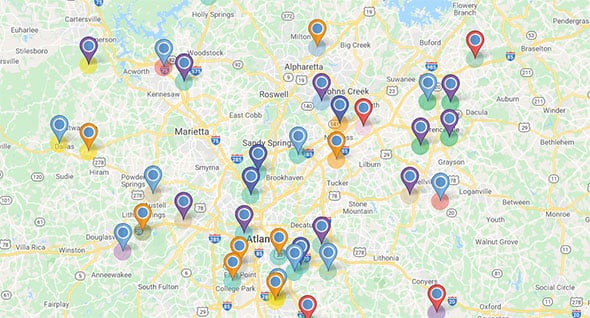FORM ONE HISTORY TERMINAL EXAMINATION
Time: 2 Hours
Instructions:
Answer all questions in Sections A and B
Answer one question in Section C
Write your answers clearly in the spaces provided
Use examples where helpful to support your answers
You may use diagrams if they help explain your points
SECTION A (15 MARKS)
Question 1: Multiple Choice Questions (10 Marks)
Choose the best answer for each question and write its letter in the space provided.
What does history primarily study?
A. News happening today
B. Events and changes from the past
C. Guessing what will happen next
D. Maps and placesWhich question can history help us understand?
A. What will I eat tomorrow?
B. Why did past societies develop the way they did?
C. How to get rich quickly?
D. Which country should I visit?Learning history helps us:
A. Forget where we came from
B. Understand our roots and heritage
C. Know exactly what will happen in the future
D. Change things that already happenedWhat does patriotism mean?
A. Hating your country
B. Being proud of and loyal to your nation
C. Ignoring national celebrations
D. Only caring about foreign countriesWhy is studying history valuable?
A. It makes people less tolerant
B. It teaches us to examine facts carefully
C. It makes us ignore other cultures
D. It stops us from appreciating traditionsHistory acts like a platform letting us see:
A. Only what's happening now
B. Things that haven't happened yet
C. How people lived long ago
D. Life on other planetsWhich statement about history is NOT true?
A. History shows how people adapted to their environments
B. Past events have no connection to today's world
C. History helps us understand our society's origins
D. It reveals how ancestors made their livingStudying history encourages:
A. Only caring about other nations
B. Being narrow-minded
C. Love for one's country
D. Holding grudgesHistory teaches us that one person's actions:
A. Don't impact others
B. Can influence many people
C. Only matter at the time
D. Have no lasting effectsWhich question CAN'T history answer?
A. What occurred in ancient times?
B. When did important events take place?
C. What exact career should I choose?
D. Why did civilizations rise and fall?
Question 2: Matching Items (5 Marks)
Match each history term with its correct meaning by writing the letter in the space provided.
| Term | Meaning |
|---|---|
| I. History | C. Studying past events and changes |
| II. Patriotism | B. Pride in and devotion to one's country |
| III. Culture | E. Traditions and lifestyle of a people |
| IV. Evidence | A. Facts and sources from the past |
| V. Past actions | D. Still affect us today |
SECTION B (70 MARKS)
Answer all questions in this section.
3. Why Study History? (10 marks)
Explain five key reasons why learning about the past matters in our lives today.
4. History Builds Understanding (10 marks)
Describe five ways historical knowledge helps people from different backgrounds relate better.
5. Skills from History (10 marks)
Identify five useful abilities students develop through studying historical events.
6. Sources of History (10 marks)
Discuss five different places or materials where we can find information about the past.
7. History's Role in Tanzania (10 marks)
Explain five reasons why understanding history is particularly important for Tanzania.
8. What Historians Do (10 marks)
Outline five important tasks that historians perform in their work.
9. Dating Historical Events (10 marks)
Give five reasons why it's important to know when past events occurred.
10. Questions History Answers (10 marks)
List five key questions that the study of history helps us explore.
SECTION C (15 MARKS)
Answer the following question.
"History as a Bridge to National Unity and Progress"
Discuss how studying history can help bring people together and contribute to a country's development. In your answer, consider:


No comments
Post a Comment